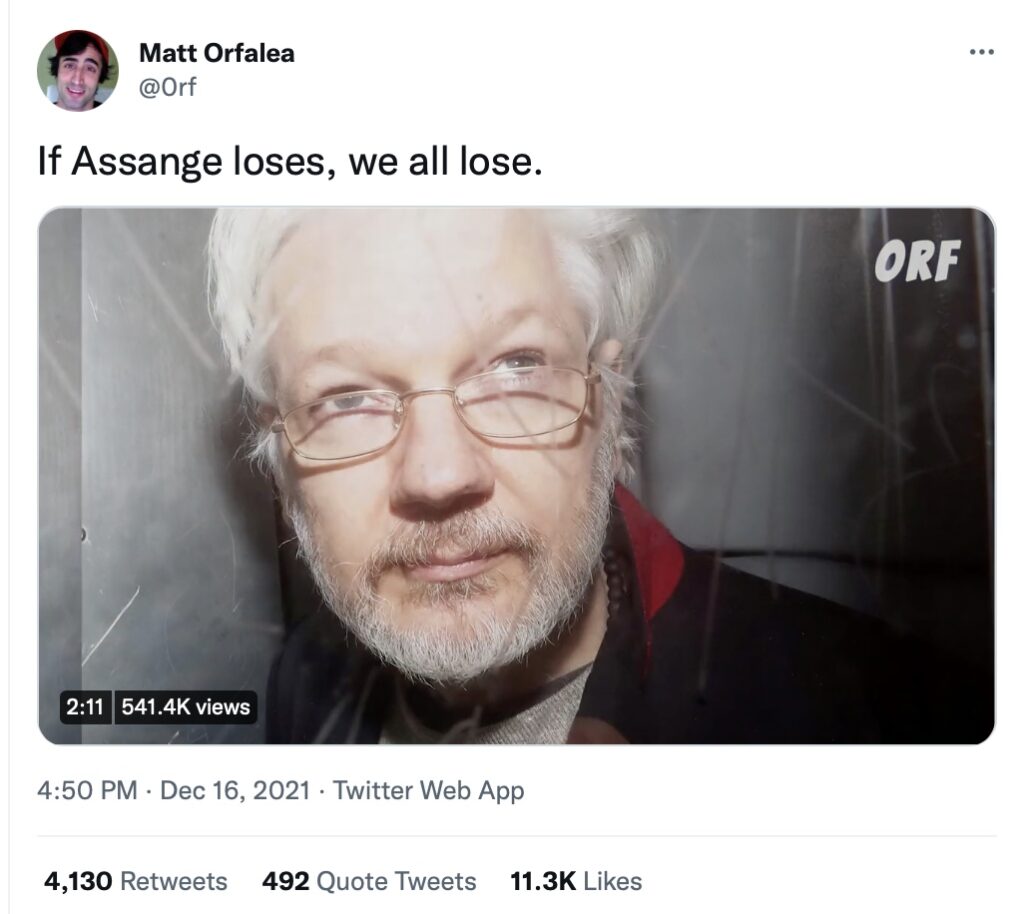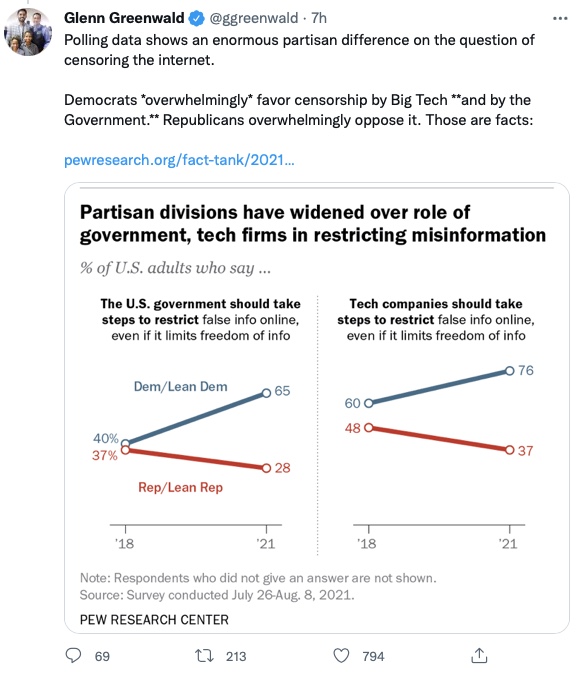Ira Glasser: “Speech Restrictions Are Like Poison Gas.”
Ira Glasser served as the fifth executive director of the American Civil Liberties Union from 1978 to 2001. Here is an excerpt from his new article, "Social Justice Requires Free Speech."
"Hosannas for publishing Burt Neuborne’s scintillatingly clear and powerful piece on the danger of allowing universities to punish faculty for sloppy or obnoxious speech.
Along with David Cole’s excellent piece in The New York Review of Books, and Erwin Chemerinsky’s spirited piece on the Ilya Shapiro case at Georgetown, all three did a great job of explaining the distinction between supporting the right of someone to speak and disagreeing vigorously and loudly with what they say.
Free Speech For Me But Not For Thee book cover I have long regarded the failure to understand that distinction as one of the two major obstacles to widespread public support for free speech, and all three pieces do a superb job of explaining it."



